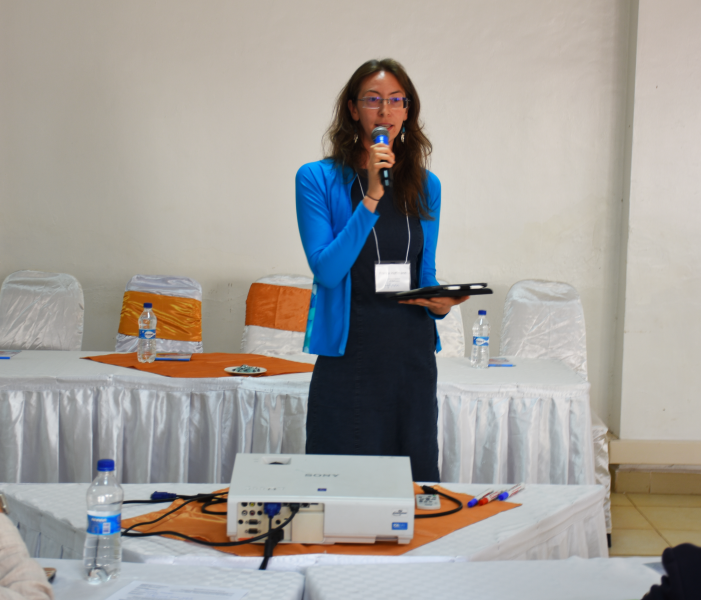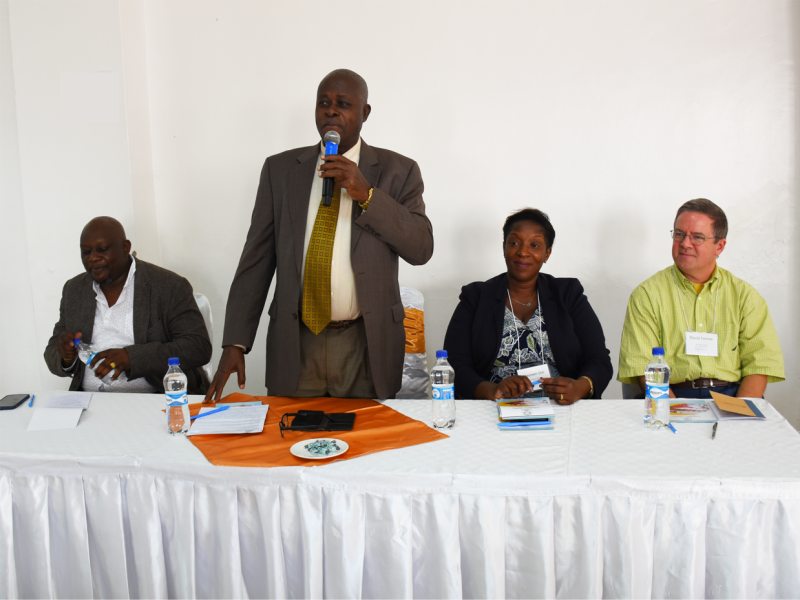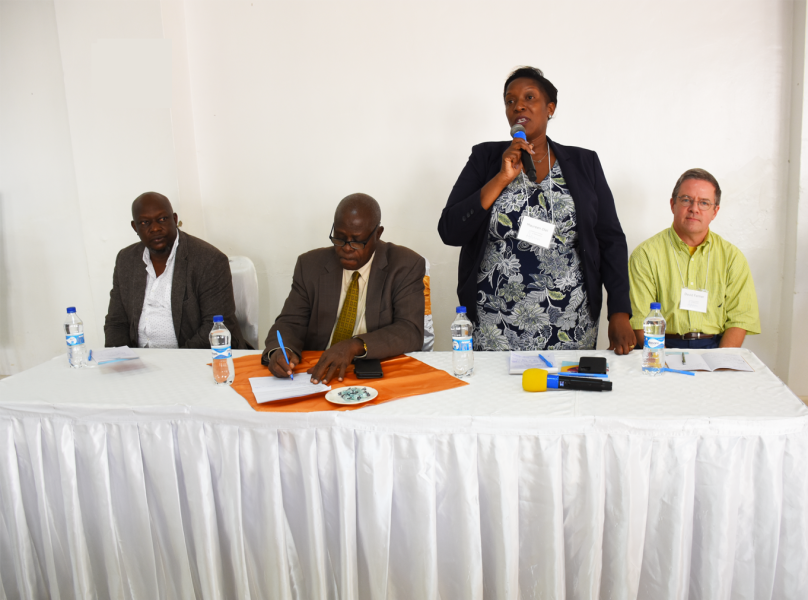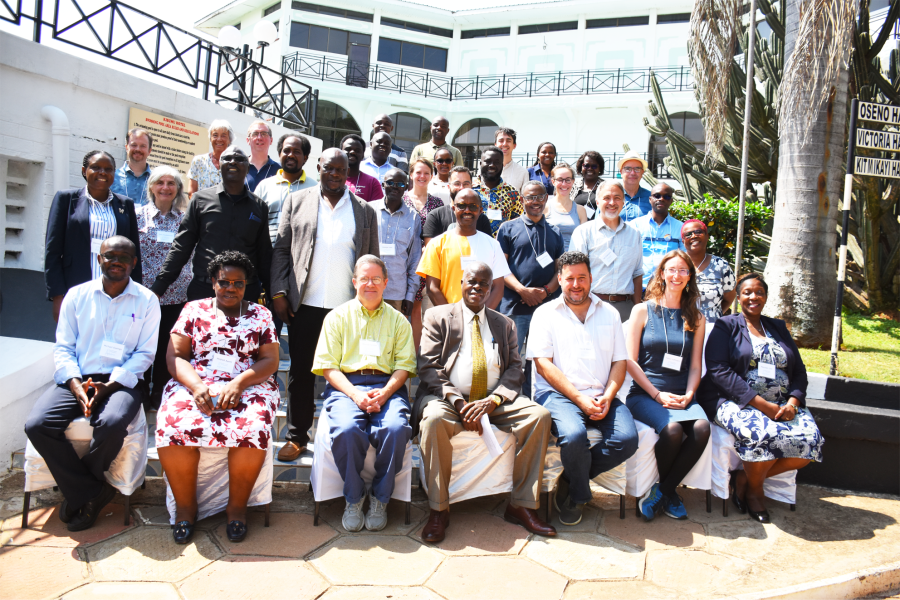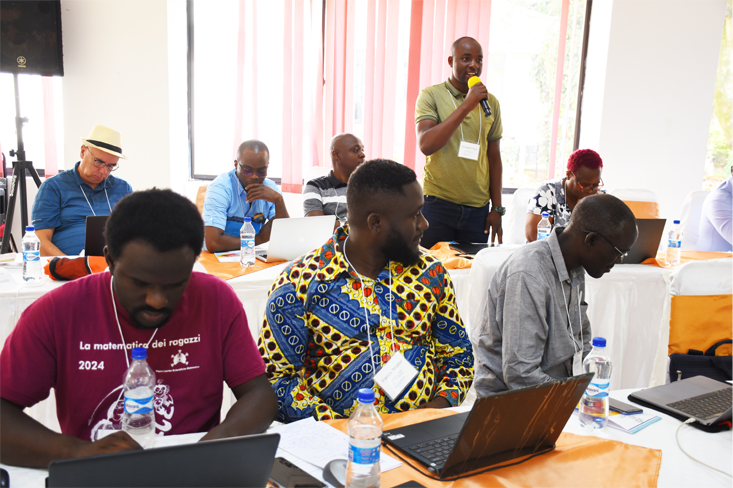Open source Mathematics curriculum and assessment tools workshop
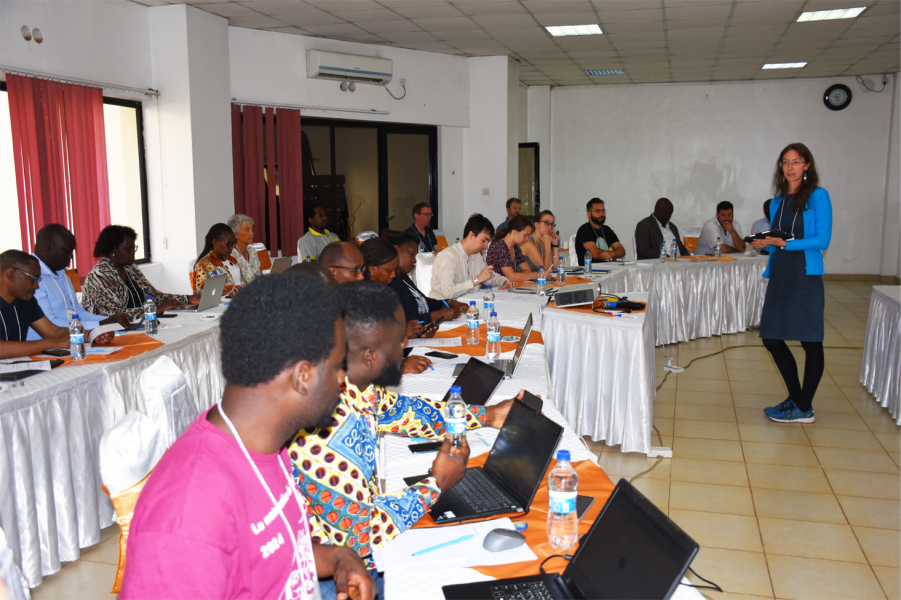
The workshop, sponsored by AIM and NSF, was devoted to improve the usefulness and impact of open Educational Technologies. It brought together experts involved in the creation, development and implementation of undergraduate-level open Educational Technologies in Mathematics with Math Education Researchers to catalyze collaboration.
Assessment technology has largely been developed by either practitioners with a utilitarian goal, or by closed-source commercial companies to provide online support to traditional textbooks. By bringing communities together, this was to ensure that tools better integrate research and practice, for improving students’ learning. Real potential comes by developing cross-institutional and international collaborations that allow sharing of data and question banks, opening up opportunities of connecting to Responsible AI, and using feedback to improve these systems.
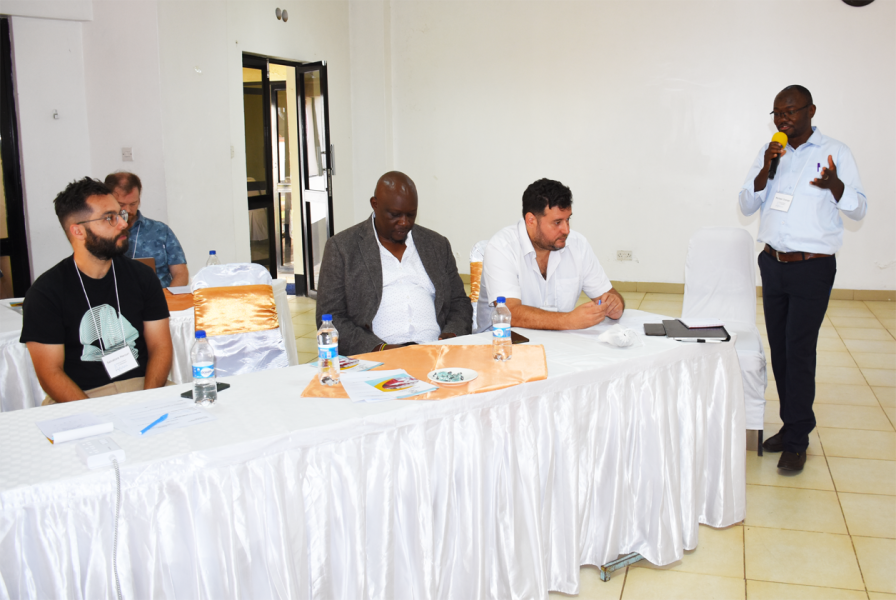
The main topics for the workshop were ;
• Integration of math education research in open educational technologies: formulation of research questions and planning of studies for math education research centered around open educational technologies, with a focus on automatic assessment tools and interactive textbooks.
• Data sharing and data analysis: cross-institutional efforts on ways to make anonymized data available at scale for improvement of the platforms.
• Interoperability of different learning platforms: provide a roadmap to future collective assessment resources, such as shared question banks, with especially large benefits for under-resourced institutions
• Identification of shared implementation challenges and ways to address them.
This event was run as an AIM-style workshop. Participants were invited to suggest open problems and questions before the workshop began. These included specific problems, as well as more ambitious problems which would influence the future activity of the field.
Lectures at the workshop were focused on familiarizing the participants with the background material leading to specific problems, schedules included and lastly parallel working sessions.
